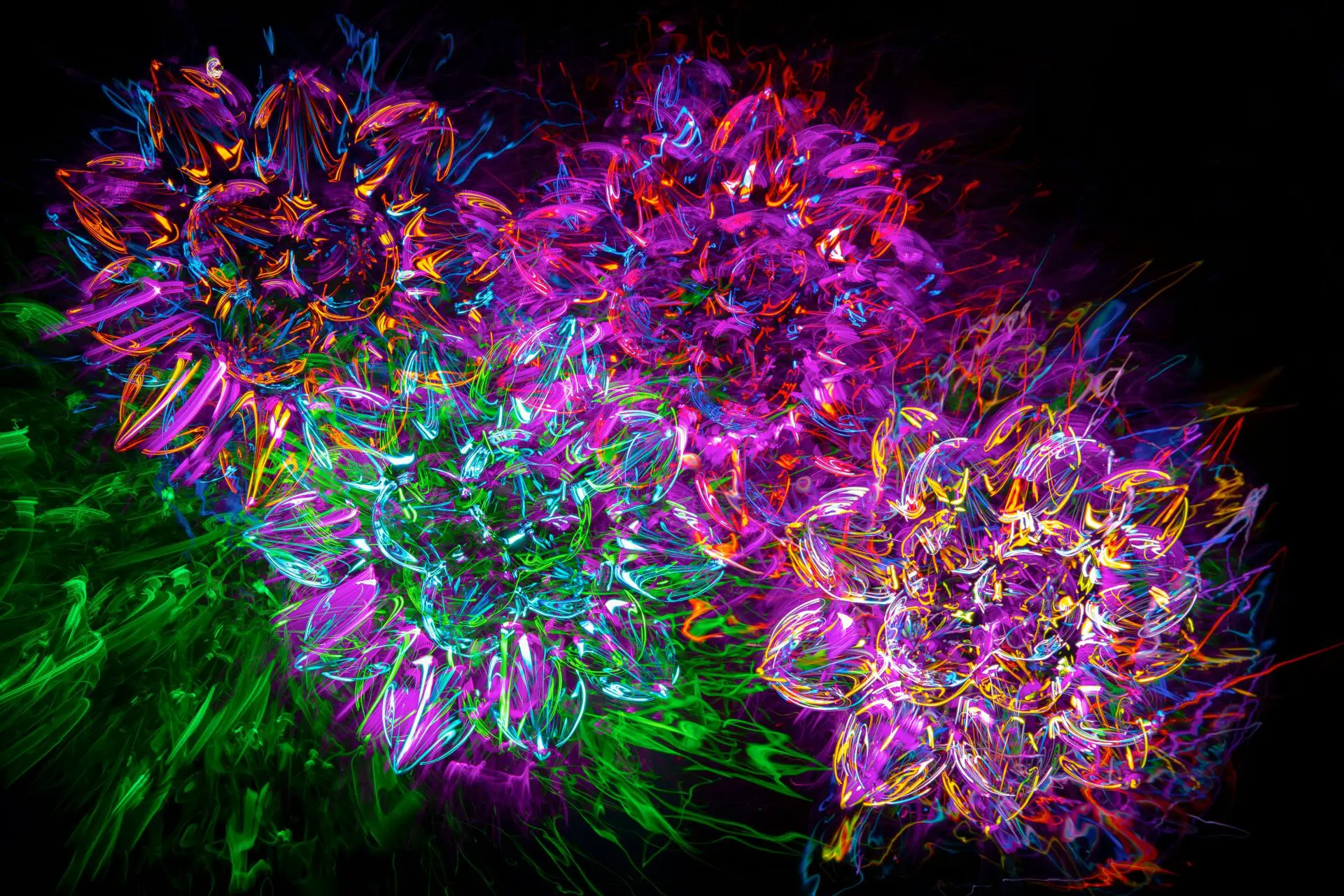Yin and Yang in Traditional Chinese Medicine: Balance and Harmony

Looking for more amazing products? Check out our online store and explore our collection here! Happy shopping!
Before diving in, please note: This post is for informational purposes only. If you’d like to know more about how we approach topics, feel free to check out our friendly Disclaimer Page.
Hey there, amazing readers! 
We’re committed to delivering quality posts, and your support (even just sticking around despite the ads) means everything to us. So, bear with us, and thanks for helping us keep the good vibes rolling. Now, on to the fun stuff!
TRANSLATE BUTTON AT THE END OF THE ARTICLE
A Quick Overview
Traditional Chinese Medicine (TCM) is an ancient system of healthcare that has been practiced for thousands of years.
Central to TCM is the concept of Yin and Yang, two opposing forces that are interconnected and interdependent.
Understanding Yin and Yang is crucial in TCM as it forms the basis for diagnosis, treatment, and maintaining health.
In this article, we will delve deeper into the concepts of Yin and Yang in TCM, exploring their role in achieving balance and harmony for optimal health.
Understanding Yin and Yang in Traditional Chinese Medicine
In TCM, Yin and Yang are two complementary forces that represent the dualistic nature of the universe.
Yin is associated with qualities such as darkness, cold, rest, and substance, while Yang is associated with qualities like light, heat, activity, and function.
Together, Yin and Yang create a dynamic balance that is necessary for health and well-being.
When one force dominates the other, it can lead to imbalance and illness.
The Concept of Balance and Harmony in TCM
Balance and harmony are central tenets of TCM, and the goal of treatment is to restore equilibrium between Yin and Yang.
When Yin and Yang are in balance, the body functions optimally, and disease is less likely to occur.
TCM practitioners work to identify and correct imbalances through a combination of acupuncture, herbal medicine, dietary therapy, and lifestyle modifications.
The Role of Yin and Yang in Maintaining Health
Yin and Yang play a crucial role in maintaining health by regulating the body’s physiological functions.
Yin nourishes and moisturizes the body, while Yang provides warmth and energy.
When Yin and Yang are in harmony, the body is able to adapt to internal and external stressors, promoting overall well-being.
How Imbalance of Yin and Yang Leads to Illness
When Yin and Yang are out of balance, it can manifest as various symptoms and illnesses.
For example, an excess of Yin may lead to symptoms like fatigue, coldness, and dampness, while an excess of Yang may result in symptoms such as restlessness, heat, and dryness.
TCM practitioners assess the patient’s symptoms and constitution to determine the underlying imbalance of Yin and Yang.
Restoring Balance through Traditional Chinese Medicine
TCM offers a holistic approach to restoring balance between Yin and Yang.
Acupuncture, one of the main modalities in TCM, helps to regulate the flow of Qi (vital energy) and rebalance Yin and Yang.
Herbal medicine is also used to tonify Yin or Yang deficiencies and clear excesses.
Dietary therapy, exercise, and mindfulness practices are incorporated to support overall health and well-being.
Techniques Used to Harmonize Yin and Yang
TCM utilizes various techniques to harmonize Yin and Yang and restore balance to the body.
Some common techniques include:
Acupuncture: Stimulating specific acupuncture points to regulate the flow of Qi and restore balance.
Herbal medicine: Prescribing herbs to tonify Yin or Yang deficiencies and clear excesses.
Dietary therapy: Recommending foods that nourish Yin or Yang based on the individual’s constitution.
Qi Gong: Practicing slow, mindful movements to cultivate Qi and harmonize Yin and Yang.
Yin and Yang in Diagnosis and Treatment
In TCM, the diagnosis and treatment of illness are based on the principles of Yin and Yang.
By assessing the patient’s symptoms, tongue, and pulse, TCM practitioners can determine the underlying imbalance of Yin and Yang.
Treatment is then tailored to address the specific pattern of disharmony, whether it is excess Yin, excess Yang, deficiency of Yin, or deficiency of Yang.
The Interconnectedness of Yin and Yang in TCM
Yin and Yang are not static entities but are constantly changing and interdependent.
They exist in a state of dynamic equilibrium, influencing each other in a continuous cycle.
For example, Yin transforms into Yang, and Yang transforms into Yin.
This interconnectedness highlights the importance of maintaining balance between Yin and Yang for optimal health.
Achieving Optimal Health through Yin-Yang Balance
By understanding and harmonizing Yin and Yang, individuals can achieve optimal health and well-being.
When Yin and Yang are in balance, the body’s natural healing mechanisms are activated, promoting vitality and resilience.
TCM offers a comprehensive approach to restoring harmony between Yin and Yang, empowering individuals to take control of their health.
Yin and Yang Foods: Balancing Your Diet
In TCM, food is considered medicine, and the principles of Yin and Yang are applied to dietary therapy.
To balance Yin and Yang through diet, it is important to consume a variety of foods that nourish both forces.
Some examples of Yin foods include fruits, vegetables, and dairy products, while Yang foods include meats, spices, and grains.
By incorporating a balanced mix of Yin and Yang foods into your diet, you can support overall health and well-being.
Yin and Yang Exercises: Moving towards Harmony
In addition to diet and herbal medicine, exercise plays a vital role in balancing Yin and Yang.
Practices like Tai Chi and Qi Gong are gentle movements that help to cultivate Qi, harmonize Yin and Yang, and promote overall health.
These exercises focus on slow, deliberate movements that engage both the mind and body, fostering a sense of balance and harmony within.
Incorporating Yin and Yang Principles into Daily Life
To maintain balance between Yin and Yang in everyday life, it is essential to incorporate mindfulness practices and self-care routines.
Practicing meditation, mindfulness, and relaxation techniques can help to calm the mind, reduce stress, and promote inner harmony.
By being attuned to the ebb and flow of Yin and Yang in your daily life, you can cultivate a greater sense of balance and well-being.
Conclusion
In conclusion, Yin and Yang are fundamental concepts in Traditional Chinese Medicine that underpin the principles of balance and harmony.
By understanding the dynamic interplay between Yin and Yang, individuals can work towards achieving optimal health and well-being.
Through the use of acupuncture, herbal medicine, dietary therapy, and lifestyle modifications, TCM offers a holistic approach to restoring balance and harmony between Yin and Yang.
By incorporating Yin and Yang principles into daily life, individuals can empower themselves to take control of their health and cultivate a greater sense of balance and vitality.

The Enlightenment Journey is a remarkable collection of writings authored by a distinguished group of experts in the fields of spirituality, new age, and esoteric knowledge.
This anthology features a diverse assembly of well-experienced authors who bring their profound insights and credible perspectives to the forefront.
Each contributor possesses a wealth of knowledge and wisdom, making them authorities in their respective domains.
Together, they offer readers a transformative journey into the realms of spiritual growth, self-discovery, and esoteric enlightenment.
The Enlightenment Journey is a testament to the collective expertise of these luminaries, providing readers with a rich tapestry of ideas and information to illuminate their spiritual path.
Our Diverse Expertise
While our primary focus is on spirituality and esotericism, we are equally passionate about exploring a wide range of other topics and niches 

To ensure we provide the most accurate and valuable insights, we collaborate with trusted experts in their respective domains 
Our blog originally focused on spirituality and metaphysics, but we’ve since expanded to cover a wide range of niches. Don’t worry—we continue to publish a lot of articles on spirituality! Frequently visit our blog to explore our diverse content and stay tuned for more insightful reads.
Hey there, amazing reader! 
Check out our store here and take a peek at some of our featured products below! Thanks for being awesome!











